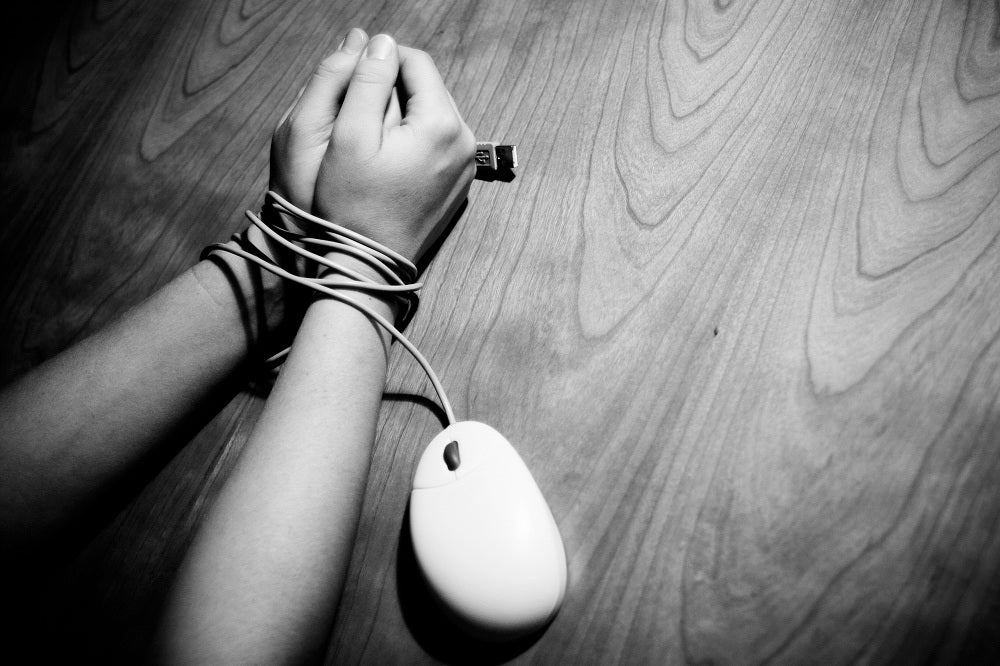'The UK is becoming the world leader in censorship', says obscenity lawyer following porn ID checks proposal
Government is pushing for age checks using bank cards on porn sites

Your support helps us to tell the story
From reproductive rights to climate change to Big Tech, The Independent is on the ground when the story is developing. Whether it's investigating the financials of Elon Musk's pro-Trump PAC or producing our latest documentary, 'The A Word', which shines a light on the American women fighting for reproductive rights, we know how important it is to parse out the facts from the messaging.
At such a critical moment in US history, we need reporters on the ground. Your donation allows us to keep sending journalists to speak to both sides of the story.
The Independent is trusted by Americans across the entire political spectrum. And unlike many other quality news outlets, we choose not to lock Americans out of our reporting and analysis with paywalls. We believe quality journalism should be available to everyone, paid for by those who can afford it.
Your support makes all the difference.Britain is at the cutting-edge of censorship, it has been claimed, as government plans to implement ID-based age checks for pornography websites gather pace.
A scheme put forward by the porn industry would see users forced to verify their identity using banks, credit reference agencies or even the NHS, a move they were forced into by the Conservatives, for whom a law demanding age checks for online adult content is a key pledge.
"This is cutting-edge censorship," Myles Jackman, a lawyer specialising in obscenity law, told The Guardian. "We are now becoming the world leaders in censorship. And we are being watched very closely from abroad."
Not only have the draconian proposals been blasted for censorship, they also pose privacy concerns.
The plan is for checks to pass through an "anonymising hub" that removes identification in both directions on the request, meaning that in theory only the fact that the user is over 18 is out there, but there are always weak points in such systems.
"We know that privacy in such cases is often breached by accident, by hackers, or secretly by the police and intelligence services," said Jerry Barnett, a free-speech campaigner and author of the Sex & Censorship blog. "This is the state, yet again, intervening in people's private lives for no reason other than good old British prurience and control-freakery."
Join our commenting forum
Join thought-provoking conversations, follow other Independent readers and see their replies
Comments